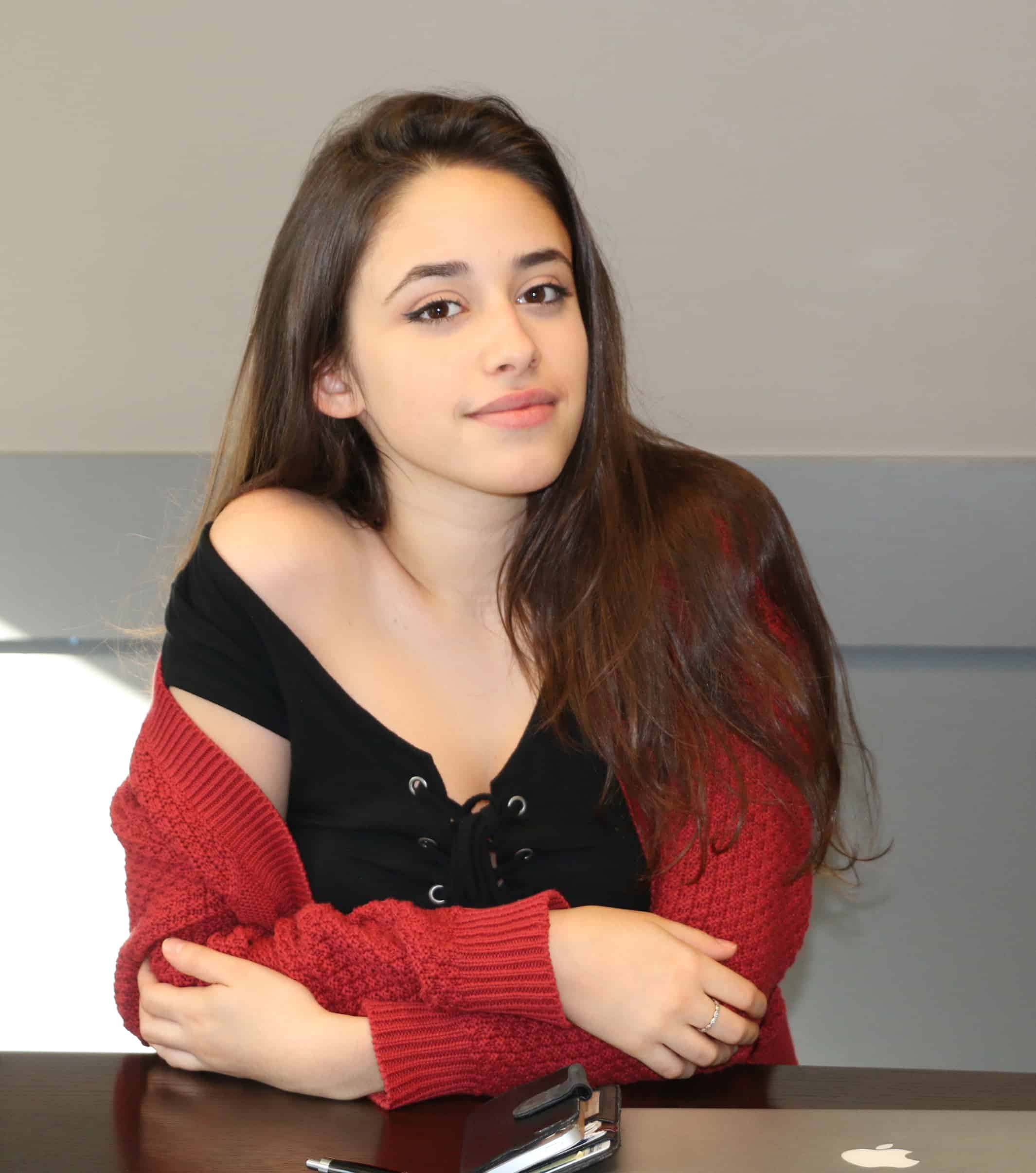Dasha Metropolitansky is one of several high school debaters who will be squaring off against two Members of Parliament (Erin Weir & Garnett Genuis) in a Munk-style debate this November. This debate will officially launch Speech and Debate Canada, a new not-for-profit that aims to bring debate clubs to schools across Canada.
Dasha is the youngest debater in history to have been selected for the Canadian national team: she was chosen in grade 8. Now in grade 12, she is already an extraordinarily accomplished debater.
We caught up with her this week to get the scoop.
SDTC: Why did you want to get involved with the debate team initially?
In the fifth and sixth grade, I was a member of my school’s ThinkBowl team. ThinkBowl is a competition where students are given a problem (i.e., obesity, global warming, world hunger) and have to analyze the issue, develop solutions, and creatively present a case for their best idea. I loved this activity—in particular, the teamwork, critical thinking, and public speaking components resonated with me. My teacher saw my passion and told me she thought I’d love debate.
What was your first debate like?
I’ll never forget my first competition. It was the 2012 Osgoode High School Tournament hosted by York University, and I was in the seventh grade. I was arguing against forcing children to take care of their parents when they become adults. I was terrified. Two of the teams in the round were in grade 11, and all of the debaters were three times my height. My hands were shaking, but when I spoke, my nerves disappeared. We placed second in the round (out of four), but the real prize was when the older girl on the winning team complimented my skirt.
What do you love most about debating? What do you like least about it?
My favourite aspect of debate is the intellectual thrill. Debate is the most rigorous, thought-provoking activity I’ve ever done. At most tournaments, high school students are given fifteen minutes to come up with arguments for a topic that a PhD student could study for years. I love the challenge because it pushes me to be as creative, focused, and demanding of myself as possible.
The best debates grapple with really difficult questions about ethics, human nature, and the role of government. While I can only begin to answer these questions in the fifteen minute prep time, I’ve developed a love of learning about the world that extends far beyond a debate round.
My least favourite part of debate is the very strong norms about argumentation that is unpersuasive. For example, an argument about practical outcomes will likely trump a claim that a right matters as an end in and of itself. Arguments from personal experience are rarely credited. Cost, time, and political will don’t matter in debate rounds. While the debate community is rightfully proud of its openness towards arguments from all viewpoints, the reality is that some types of argumentation are sometimes not accepted.
Can you describe your most memorable debate?
My most memorable debate was the final of the 2013 Osgoode High School Tournament in my grade 8 year. I was unhappy with my performance in grade 7, and I really wanted to improve. In the summer, I had the opportunity to join an intensive program for university debaters at the University of Vermont.
After the program, the first tournament of the season was Osgoode and it was my opportunity to apply what I had learned over the summer. I made the final of the tournament. The three other finalists were in grade 12 and they were the top ranked debaters in Ontario. The topic was about removing Rob Ford from office, and we were in favour of the motion. We won the debate on a 6-1 decision. At thirteen years old, it was my first senior final and my first championship title. But the reason it’s particularly memorable for me is because it made me more confident in myself: I stopped worrying about the age, experience or height of my competitors.
If we are new to debating but want to join a team, what are some tips to keep in mind?
My most important piece of advice is to debate as much as possible, both in terms of practice rounds and tournaments. Regardless of whether you’re a novice or a world champion, there is never a point where you can no longer improve in debate. Losing is always difficult but it’s especially difficult in debate because you become invested in the case you’re making. The best debaters embrace their losses as learning opportunities and only get stronger.
Watch Dasha in action on Debate Night, happening Wednesday November 8th. from 6:30 to 9:30 p.m. Get tickets here.




 Follow Us On Instagram
Follow Us On Instagram
